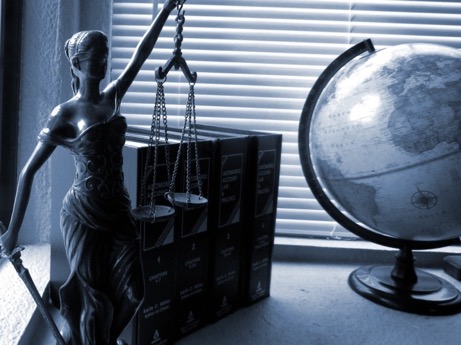
Survive the Divorce by Knowing Your Rights & Obligations
The basic guidelines for dissolution of marriage are subject to the Divorce Act. Additionally, Canada’s Constitution mandates that the federal and provincial governments establish jurisdiction over family law. This creates a complex tangle of laws that make it confusing to ascertain your specific rights and obligations when seeking or responding to a divorce.
Divorce Law is Multifaceted
When couples decide to dissolve their marriage, the issues facing them and the courts are compound and have wide-ranging effects. Divorce may frequently involve children, shared property and assets, important rights to homes and support, tax issues, and many other considerations. As a result, parties may be uncertain of what individual rights and obligations exist.
Knowing the Law Impacts Your Case
During divorce proceedings, the law says you have valuable rights that you are entitled to protect. Not understanding the divorce process or the laws that affect you may jeopardize your rights to custody, support, assets, and others.
Additionally, whether you are the party seeking a divorce or responding to one, you have a legal obligation to follow the procedures set forth by both federal and provincial law. You must act according to the law and your rights and obligations may affect the outcome of your divorce.
Finally, a little learning can go a long way for your bank account. Lawyers are expensive and preparation may pay off before you ever set foot in a court room.
Divorce is Forever
If you fail to know and protect your rights, you could lose them. Moreover, obtaining a divorce is a final act of marriage that cannot be undone. Parties have 31 days to make an appeal, but beyond that, only the terms of the divorce can be revisited. Failing to meet your obligations can also result in adverse action by the court or an award to the opposing party.
Protect Yourself Before and During Divorce Proceedings
Education is the most important protection available. Knowing your rights, legal obligations, and court procedures is essential. Learn everything you can about the divorce process in the province where you reside.
Preparation includes defending your rights by gathering personal and financial documents. Keep copies in a safe place. In addition to protecting your financial standing, this will aid in your legal obligation to disclose documents.
Though children have no specific rights in divorce proceedings, Canadian law accounts for their best interests during custody proceedings. Your right to see your child should be a paramount concern. Again, knowing the legal obligations for parents will help protect your rights to visitation and custody.
In Canada, the Divorce Act stipulates the only legal reason for divorce is a breakdown of the marriage. Establishing cause of the breakdown may mean pointing fingers and that’s when things can turn ugly. Regardless of who is at fault, you have a right to a fair and equitable proceeding and an obligation to act civilly.
Finally, assets, property, and support are important financial rights that you cannot risk to lose. Generally speaking, you have a right to what was yours before marriage. Property that you and your spouse acquired during the marriage is subject to equitable distribution. The major exception is the matrimonial home. Courts consider homes a valuable shared asset without consideration of whether it was owned prior to the marriage or whose name the property is in. Both parties have an equal right to remain in the home.
Related: Divorce in Canada: A Complete Guide
Take the First Step
If your marriage is one of the 40% that ends in divorce, protect your rights by knowing them in advance. Don’t risk losing them on an overlooked technicality or because you were not prepared. Before the divorce is filed, consult a qualified divorce attorney. You have rights under the law and protecting them can be the difference in your future. Contact Fine & Associates for more information on your divorce proceedings.
